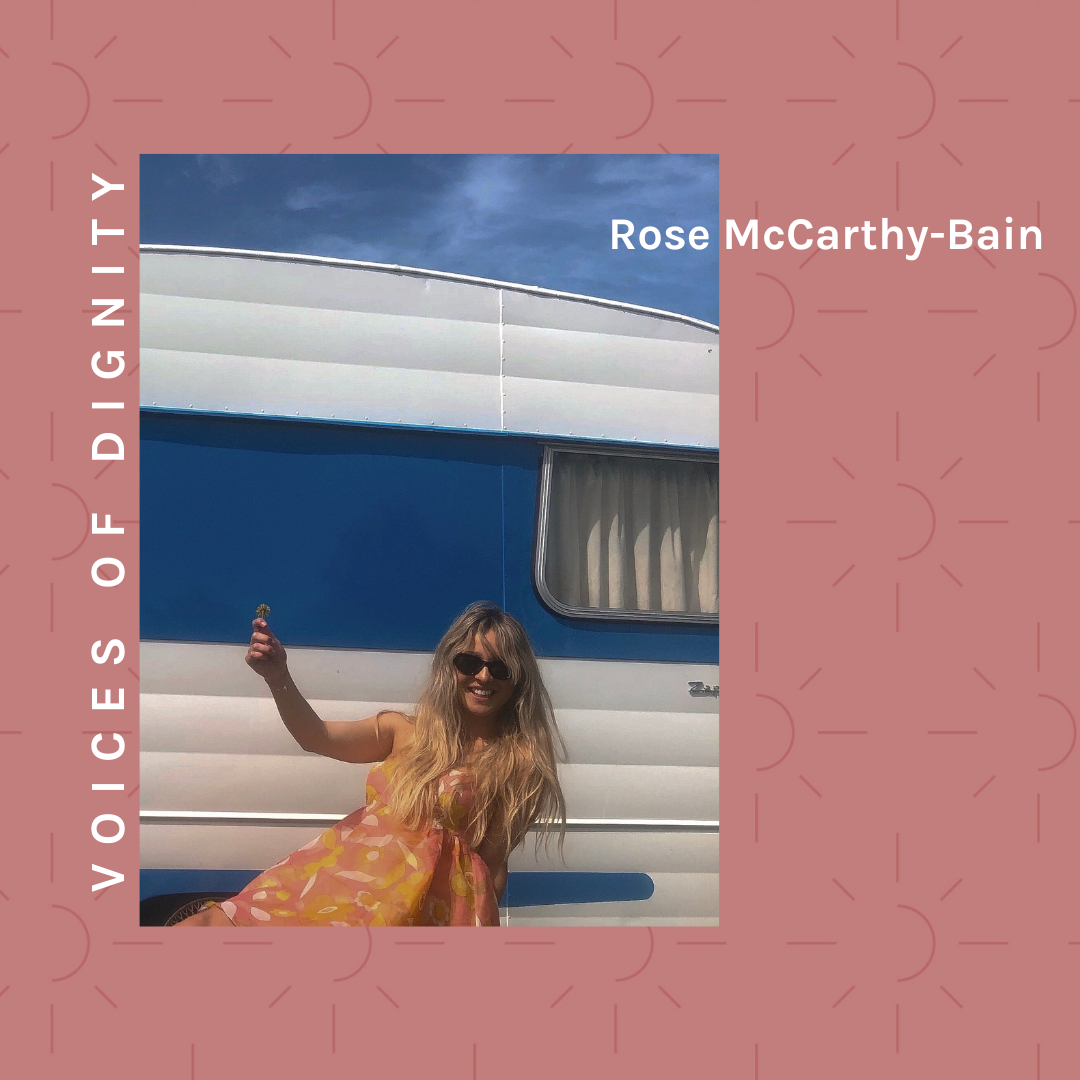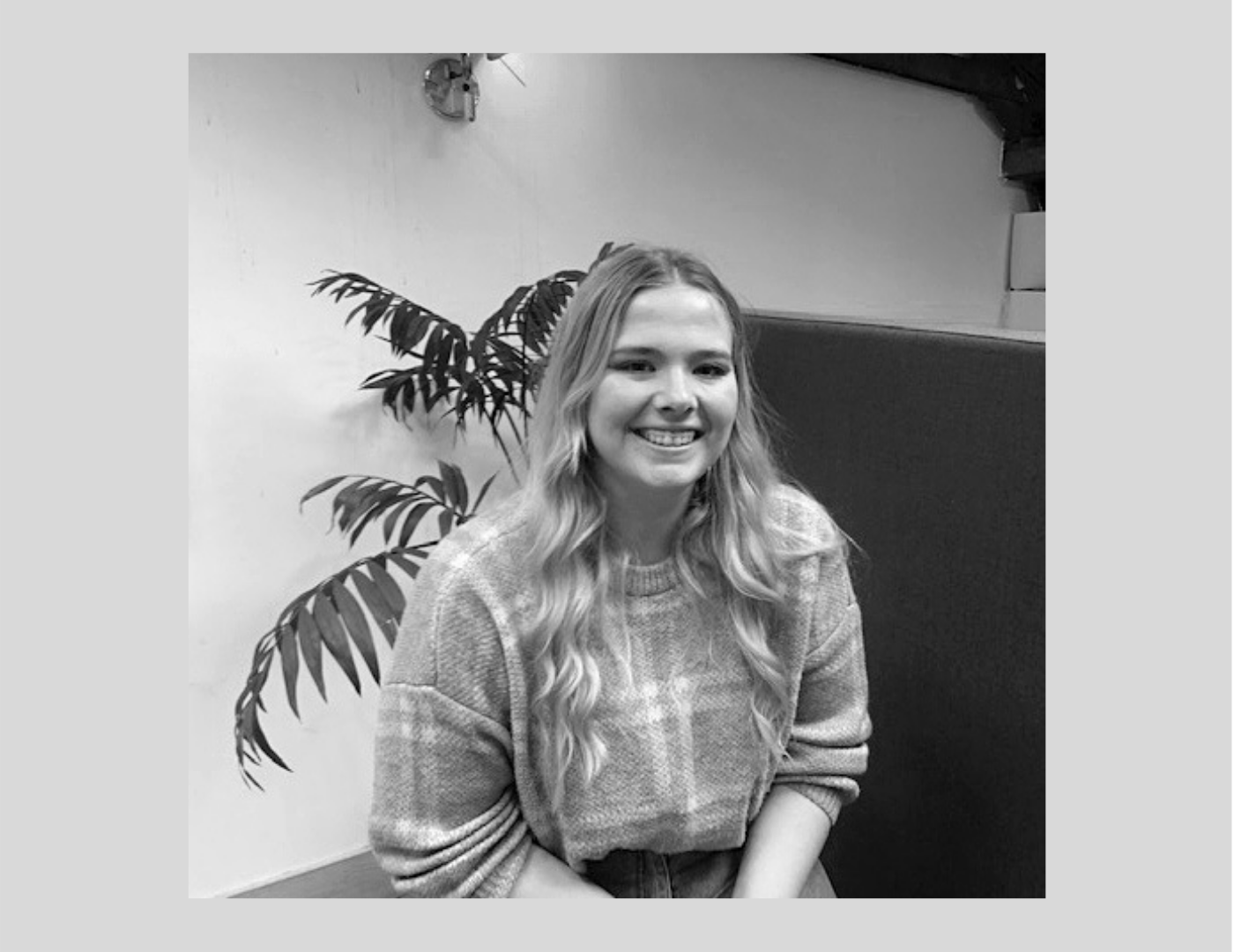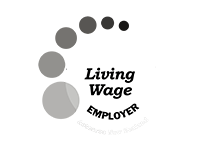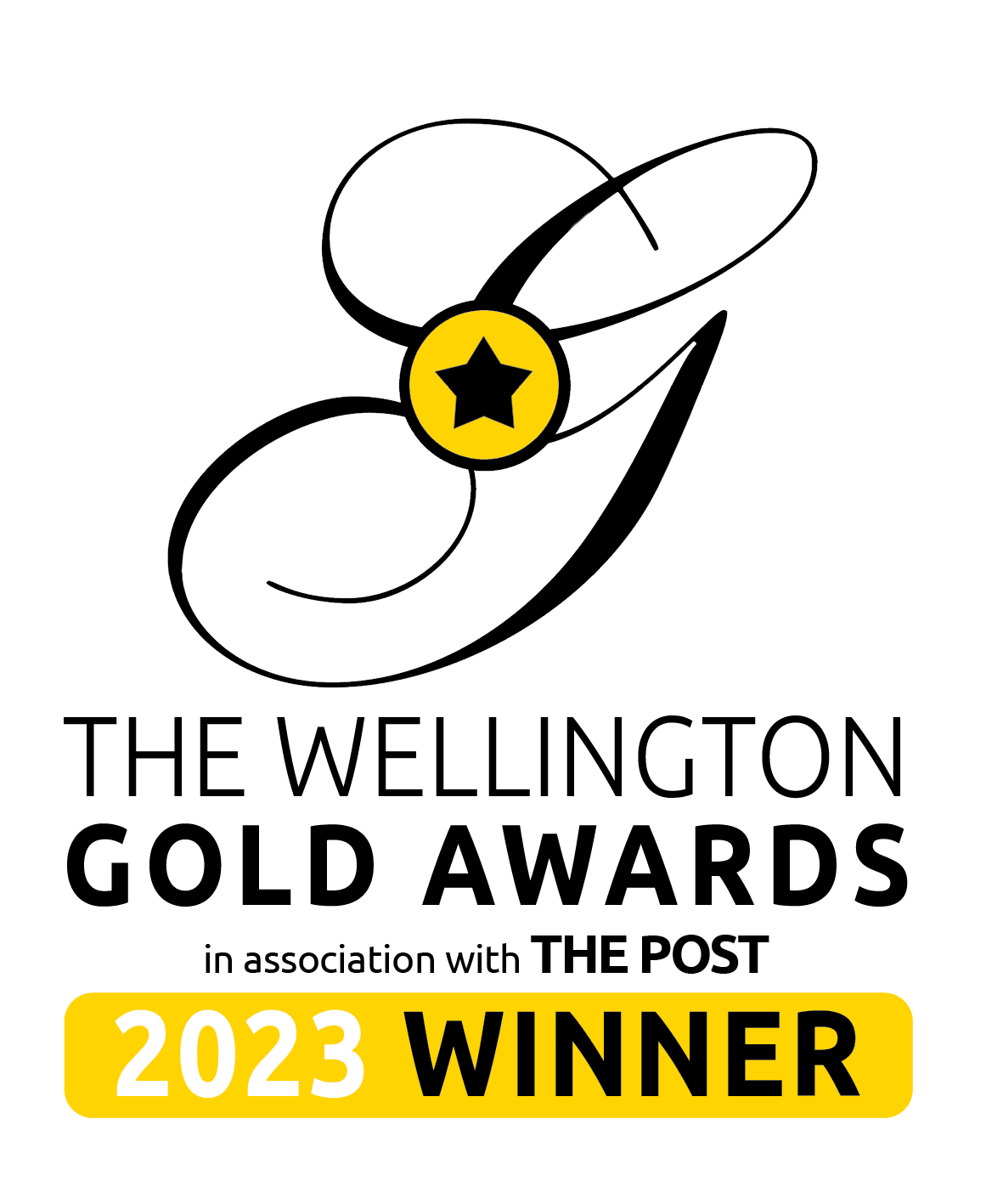
I was only 10 years old when I got my first period. So, by the time I was 16, I was over it. I was over the heavy bleeding, the 10-day long periods and the irregularities in my cycle. Like seriously, this was not what I was told back in my year 7 health class. Every time my period showed up, my migraines got worse, and it was pretty common for me to miss a lot of school. Suddenly, I was gaining weight, my hair was falling out and my mood swings had hit an all-time high – just in time for my final year of high school.
I booked an appointment with my gynaecologist, after doing some research and deciding I wanted to get an IUD inserted to level out my periods. She didn’t agree and suggested I went on the pill first, which I wasn’t particularly happy with, but I sucked it up and started taking the pill. She also suggested I got a blood test and ultrasound done so that if I wanted an IUD after my trial on the pill, I would be able to. After 6 weeks on the pill, I decided it wasn’t for me (my migraines and mood swings worsened so much more than before), so I got my blood test and ultrasound done. About 3 weeks later, I got a call from my gynaecologist who told me to come in immediately.
I was diagnosed with Polycystic Ovarian Syndrome (PCOS). For most girls with PCOS, the cysts growing on the ovaries will come and go. However, I had dermoid cysts, which act slightly differently. Essentially, I had 2 large cysts growing, one on my left ovary and one on my right. Since they were quite large in size and my doctor feared that they might cause ovarian torsion (a condition that occurs when an ovary twists around the ligaments that hold it in place. This twisting can cut off blood flow to the ovary and fallopian tube, causing infertility), my doctor suggested a surgery to remove these cysts and the insertion of an IUD would be the best way to overcome the problems I was having. She said she could operate on me in the next month, and I thought ‘great!’ – but it was going to cost me $8,000. As I didn’t have $8,000 spare, I was put on the waiting list, and 7 months later, I got my Operation.
On the day of my operation, my surgeon came and talked to me about the procedure. He and his team had discussed earlier that morning that they didn’t want to remove both of my cysts in the fear that they would be reducing my chance of fertility significantly through the removal of some eggs. So we decided that we would only remove a cyst on my right ovary, as it was bigger, and to leave the left cyst until we decided it was absolutely essential to remove it. The surgery went well, my IUD was inserted and my right cyst was removed.
After my own experience, I started to think about how crazy the whole thing was. The fact that I didn’t know what PCOS was until my doctor had diagnosed me with it, and how being educated about these aspects of period health may have prevented me from my trip to hospital. A year ago, I wasn’t aware that hair loss and weight gain weren’t ‘normal’ period symptoms and that in fact, I had an underlying problem all along.
In schools, young girls aren’t taught about PCOS, endometriosis or other health issues in relation to periods and hormones. This gap in the education system can evidently be detrimental to the health of young women. Personally, I had no idea that these problems even existed and as a result, I am now subject to endless doctor visits, blood tests and ultrasounds to keep my ovaries and eggs safe and happy.
I believe that a shift in the focus of the education system could prevent such things from happening. I believe that the education system should be adjusted accordingly so that young women, like myself, aren’t as overwhelmed when they are diagnosed with an issue such as PCOS. In the U.S.A, 10% of women are diagnosed with PCOS – that is almost 10 million women. However, what is scarier is that 70% of women with PCOS haven’t been diagnosed, and I think this strongly reflects the education system. What if women like me, are not educated on these symptoms and conditions, and genuinely have no clue they are at risk. Without a change in the curriculum system, 100’s of young women are being put at risk every day. Positive period education is the only way forward.







Leave a comment
This site is protected by hCaptcha and the hCaptcha Privacy Policy and Terms of Service apply.